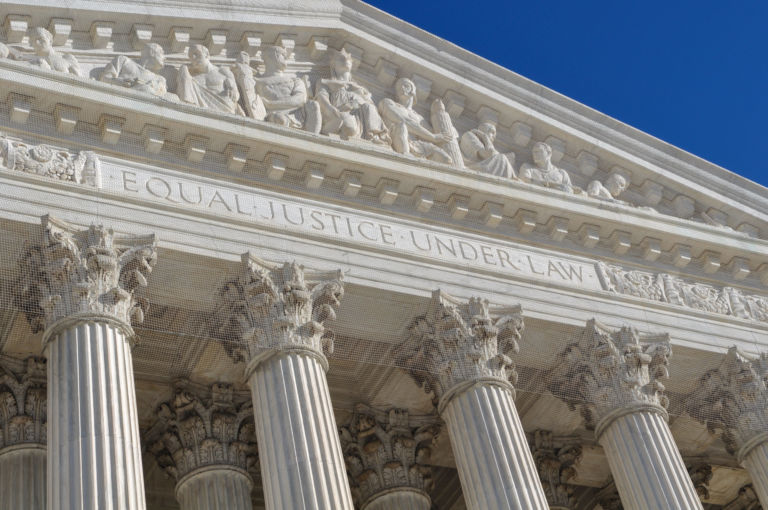Ben Weingarten writes for the Federalist that the U.S. Supreme Court should have done more to block universal injunctions from federal district judges.
The Supreme Court’s ruling in Trump v. CASA that universal injunctions “likely exceed the equitable authority” Congress has granted federal courts has been framed as a victory for a Trump administration stymied by an unprecedented barrage of them.
But the majority’s 6-3 opinion in favor of the administration’s challenge to universal injunctions — via its appeal of several such rulings in cases consolidated under CASA, whereby courts halted its executive order curtailing birthright citizenship — is far greater than a win for one president. It is a triumph for the rule of law and our republic over judicial tyranny, though it comes with loopholes that Resistance 2.0 is already plotting to drive a truck through in its ongoing lawfare campaign.
First, the good. The status quo ante, whereby an opponent of a presidential policy needed only to find a single favorable district court judge to prohibit the enforcement of that policy against anyone, everywhere, was an absurdity and an abomination.
Courts exist to decide cases and controversies concerning the parties before them. The idea that an unelected judge in any district would deign to effectively expand his jurisdiction to the entire country by adding everyone as a plaintiff to a suit was an affront to our Constitution and common sense. …
… But the majority’s opinion is no panacea. Setting aside the fact that the court withheld judgment on whether universal injunctions would be legitimate should Congress permit them by law, and remained silent on what some perceive to be their analogues such as vacatur, it also refused to resolve pivotal questions of standing and channeled plaintiffs seeking widespread relief to potential universal class-action lawsuits.
Justice Samuel Alito addressed the latter two caveats in a critical concurrence joined by Thomas.
The post SCOTUS ruling against universal injunctions wasn’t enough first appeared on John Locke Foundation.
Click this link for the original source of this article.
Author: Mitch Kokai
This content is courtesy of, and owned and copyrighted by, https://www.johnlocke.org and its author. This content is made available by use of the public RSS feed offered by the host site and is used for educational purposes only. If you are the author or represent the host site and would like this content removed now and in the future, please contact USSANews.com using the email address in the Contact page found in the website menu.







